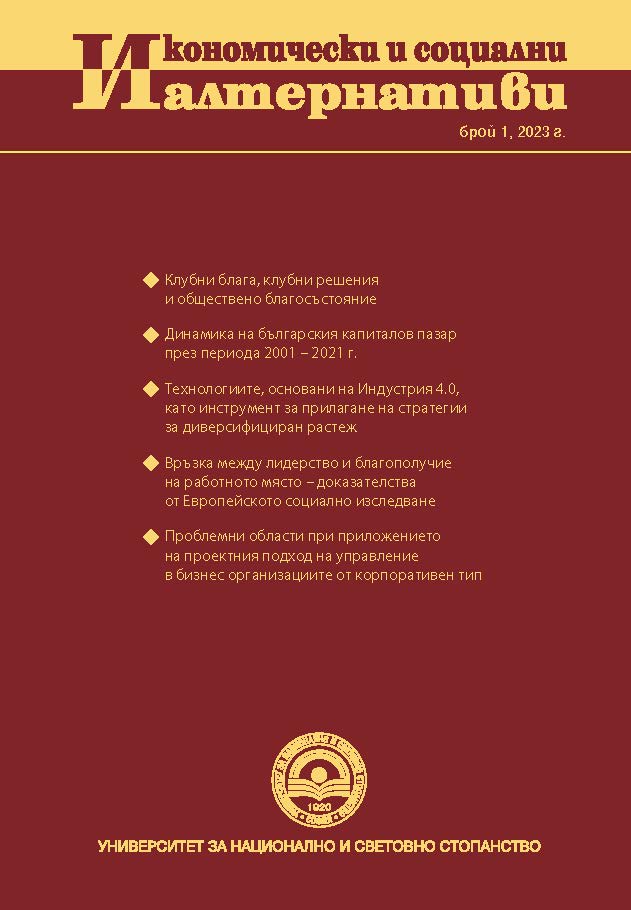Конституиране на повереника в наказателния процес
Constitution of the Attorney in the Criminal Process
Author(s): Pavel SmolichkiSubject(s): Law, Constitution, Jurisprudence, Criminal Law
Published by: Университет за национално и световно стопанство (УНСС)
Keywords: attorney; victim; private prosecutor; private plaintiff; civil plaintiff; civil defendant; criminal proceedings
Summary/Abstract: The constant development of society necessitates the evolution of its most important social regulator – law, whose changes quite naturally affect the functioning of the judicial system itself. A good knowledge of the legal rules that are being missed determines to a great extent the full participation of citizens in the process.In the study, the ways in which the attorney can be constituted in the criminal proceedings are analyzed, and the moment at which this procedural representative can enter the current phase and stages of the process is also discussed.The two ways in which the attorney is constituted in the criminal process are clarified – appointment by an act of a state body and de facto composition, which consists of two elements – a power of attorney from the represented person and final actions by which the relevant state body allows the attorney to participate in production.The findings show that, unlike the victim, the person who is constituted in the judicial phase as a civil liability and the damaged legal entity do not participate in the pre-trial proceedings and accordingly do not have the right to an attorney in this phase. This naturally has a negative impact on the right of defense of these persons.
Journal: Икономически и социални алтернативи
- Issue Year: 29/2023
- Issue No: 1
- Page Range: 114-120
- Page Count: 7
- Language: Bulgarian

